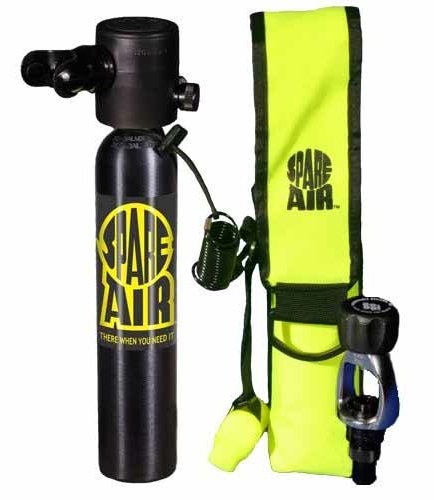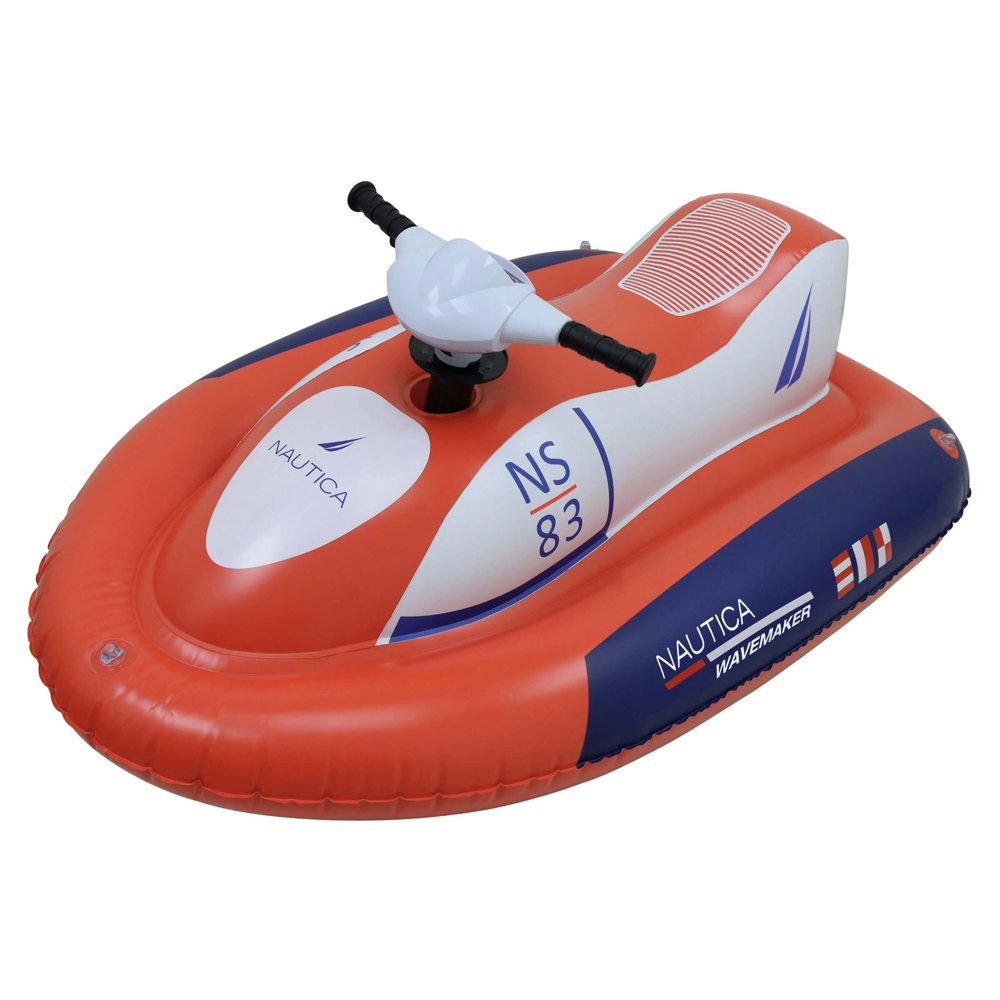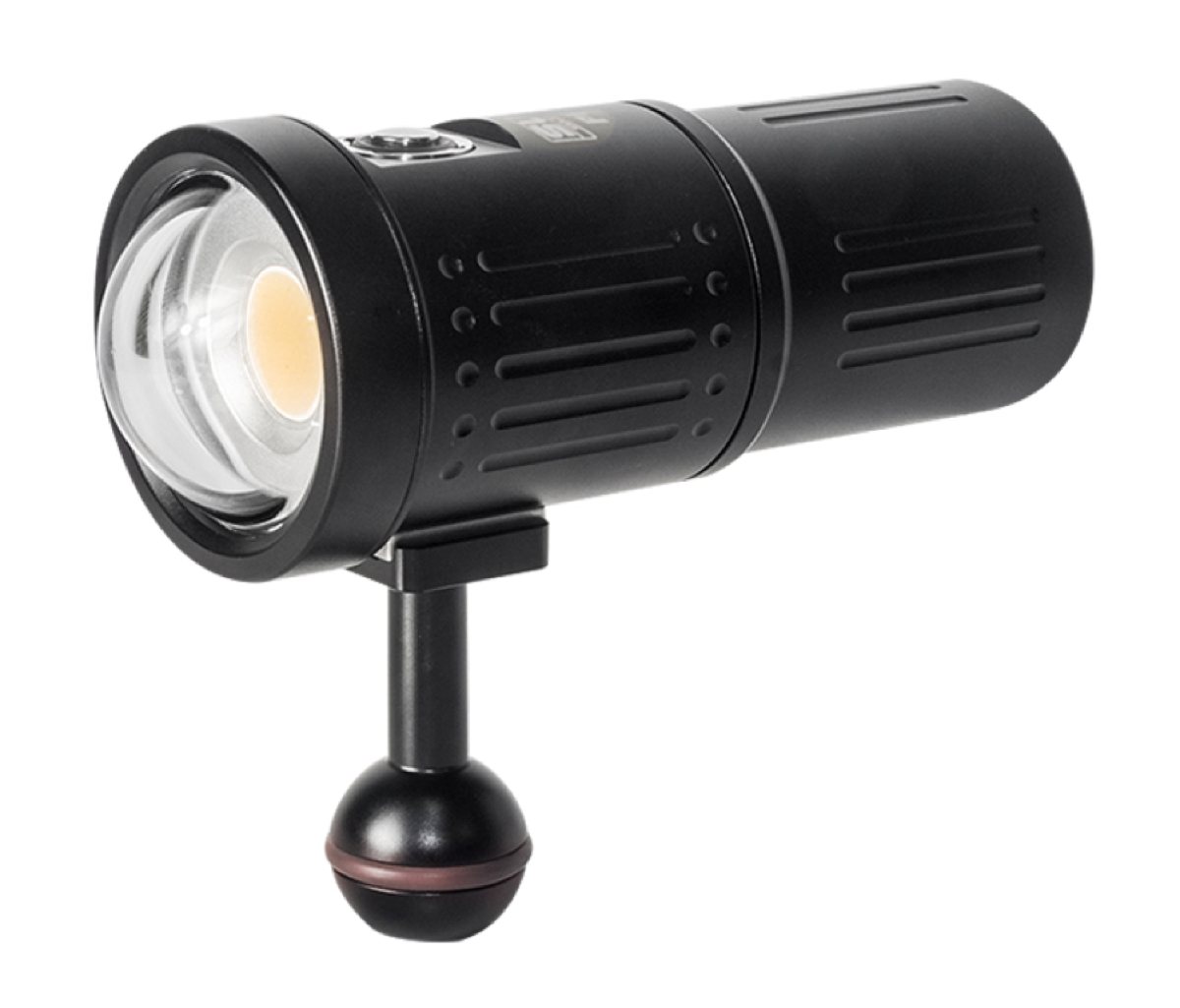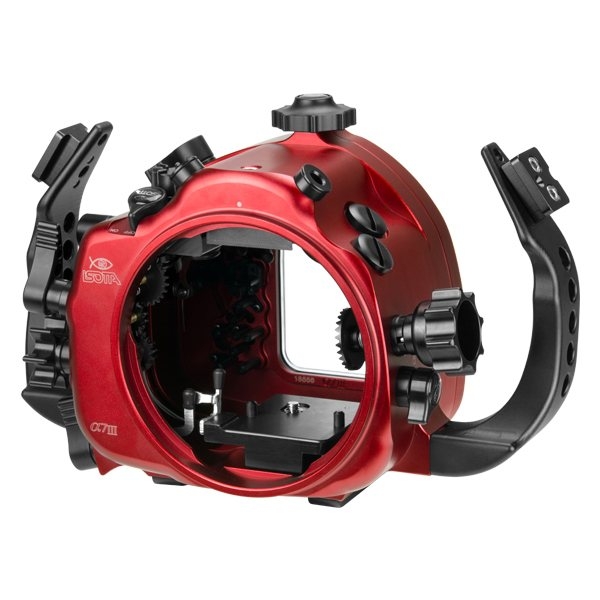- Home
- Directory
- Shop
- Underwater Cameras - Photographic Accessories
- Smartphone Housings
- Sea Scooters
- Hookah Dive Systems
- Underwater Metal Detectors
- Dive Gear
- Dive Accessories
- Diving DVD & Blu-Ray Discs
- Diving Books
- Underwater Drones
- Drones
- Subscriptions - Magazines
- Protective Cases
- Corrective Lenses
- Dive Wear
- Underwater Membership
- Assistive Technology - NDIS
- On Sale
- Underwater Gift Cards
- Underwater Art
- Power Stations
- Underwater Bargain Bin
- Brands
- 10bar
- AOI
- AquaTech
- AxisGo
- Backscatter Underwater Video and Photo
- BLU3
- Cayago
- Chasing
- Cinebags
- Digipower
- DJI
- Dyron
- Edge Smart Drive
- Eneloop
- Energizer
- Exotech Innovations
- Fantasea
- Fotocore
- Garmin
- Geneinno
- GoPro
- Hagul
- Hydro Sapiens
- Hydrotac
- Ikelite
- Indigo Industries
- Inon
- Insta360
- Intova
- Isotta Housings
- Jobe
- JOBY
- Kraken Sports
- LEFEET
- Mirage Dive
- Nautica Seascooters
- Nautilus Lifeline
- NautiSmart
- Nitecore
- Nokta Makro
- Oceanic
- Olympus
- OM System
- Orca Torch
- Paralenz
- PowerDive
- QYSEA
- Scubajet
- Scubalamp
- Sea & Sea
- SeaDoo Seascooter
- SeaLife
- Seavu
- Shark Shield
- Sherwood Scuba
- Spare Air
- StickTite
- Sublue
- Suunto
- SwellPro
- T-HOUSING
- Tusa
- U.N Photographics
- Venture Heat
- XTAR
- Yamaha Seascooter
- Youcan Robot
Possible end to humpback whale hunt
There have been a few report in the press over the last day or so that Japan will exclude humpback whales from this years whale hunt - due to massive international protests. So ... are the other whale species they are targeting less worthy of protection? Anyway a step in the right direction and a sign that the rest of the world may be able to convince whaling nations to stop their cruel hunting of these majestic creatures.
From the AAP:
TOKYO (AP) — The United States is pushing Japan to suspend its hunt of humpback whales, and the American ambassador to Tokyo said Wednesday an agreement to stop it may have already been reached.
Japan dispatched its whaling fleet last month to the Southern Pacific in the first major hunt of humpbacks since the 1960s. Commercial hunts of humpbacks have been banned worldwide since 1966.
Word of a possible delay in the hunt came as the Australian government said it would send planes and a ship to conduct surveillance of Japanese whaling ships off Antarctica.
U.S. Ambassador Thomas Schieffer said Japanese and U.S. negotiators were working on an American demand that the hunt — part of a scientific research program allowed under international rules — be halted.
"I think we had an agreement this morning or last night between the United States and Japan that humpback whales would not be harvested, I think, until maybe the international whaling conference in June," Schieffer said.
Because of the migration patterns of the whales, such a delay until the next annual meeting of the International Whaling Commission would mean "that it'll be awhile before they're at risk again," he said.
A Japanese official said there was no written agreement to halt the hunt, but acknowledged that Tokyo could be considering changes to its whaling program in light of the fierce international opposition to the hunt.
"To take the concerns and anger of Australian people and other people into consideration, I think the Japanese government has started to have an intensive discussion about what steps should be taken," said Tomohiko Taniguchi, a Foreign Ministry spokesman.
"But at the moment I have heard no action, or no decision as to whether or not any sort of halt would be done this time around during this research season," he said.
Japan takes more than 1,000 whales a year under the scientific program allowed under International Whaling Commission rules. This year, Japan plans to take some 50 humpbacks.
Critics say the program is a shield for Japan to keep its whaling industry alive until it can overturn a 1986 ban on commercial whaling.
Japanese coastal communities have a long history of eating whale meat, and it was a major staple in the poverty-stricken years after World War II. The red meat, however, has plummeted in popularity as alternatives such as beef have become widely available in Japan.
The Australian planes and ship will collect photographic and video evidence that would be used to decide if Australia will launch legal action to try to stop Japan's whaling program, Foreign Minister Stephen Smith said.
Smith also said Australia will lead a group of anti-whaling nations in lodging a formal protest with the Japanese government within the next few days against Japan's hunting plans. He declined to identify the other nations involved, saying it was up to them to name themselves.
"We are dealing here with the slaughter of whales, not scientific research," Smith told a news conference. "That is our start point and our end point."
An Airbus A-319 used by the Australian government's scientific division in Antarctica will conduct surveillance flights over the Japanese fleet.
Australia will also send a ship operated by its Customs service to the area to collect any evidence that could be used in international legal action against Japan.
Smith said that the ship would be stripped of its .50-caliber machine guns before it is deployed, emphasizing that its role would be purely for surveillance.
He said Japan and Australia would continue to have good relations despite "strong feelings on both sides" on the whaling issue.
A Japanese official said Australia's announcement was an improvement on earlier threats to send military planes and warships.
"Australia is free to do whatever it wants, send planes or a ship," said Ryotaro Suzuki, director of the fisheries division at Japan's Foreign Ministry. "We have no immediate plans to lodge a protest against the Australian action, as long as they don't use force to stop the Japanese whaling fleet."
![]() Contributed by Tim Hochgrebe added 2007-12-19
Contributed by Tim Hochgrebe added 2007-12-19
Replies of 2
-
 Tim Hochgrebe added 2007-12-22
Tim Hochgrebe added 2007-12-22
And its official - Japan announce a back-down from this years humpback whale hunt - saving 50 lives. This is what international pressure and petitioning CAN do. Let's see if that can be expanded to the other whale species over time.
Small steps ...
More at
Tim Hochgrebe
underwater australasia dive in. explore. discover.
- Emma added 2008-09-16
Lets hope this sticks and grows towards other species too
Replies of 2
![]() Login or become a member to join in with this discussion.
Login or become a member to join in with this discussion.

 Sea-Doo Seascooter Australia
Sea-Doo Seascooter Australia
Exclusive official distributor and dealer for SEA-DOO Seascooters in Australia and New Zealand. The revolutionary SeaDoo Seascooter series feature the lightest and most efficient personal water propellers in the world at a price that won't break the bank.
Shopfront
-
 Oceanic+ Dive Housing - for iPhone
Oceanic+ Dive Housing - for iPhone
- Price A$ 979.00
-
 Submersible Systems Spare Air Pack - Model 300 - 3cuf
Submersible Systems Spare Air Pack - Model 300 - 3cuf
- Price A$ 549.00
-
 Nautica inflatable Jet Ski Wavemaker
Nautica inflatable Jet Ski Wavemaker
- Price A$ 499.00
-
 GoPro HERO13 Black Action Video Camera
GoPro HERO13 Black Action Video Camera
- Price A$ 649.00
-
 SeaLife Protective Gear Pouch
SeaLife Protective Gear Pouch
- Price A$ 34.95
-
 Scubalamp V3K V2 Photo/Video Light - 5000 Lumens
Scubalamp V3K V2 Photo/Video Light - 5000 Lumens
- Price A$ 499.00
-
 Hagul EZ Underwater Scooter - by Sublue
Hagul EZ Underwater Scooter - by Sublue
- Price A$ 599.00
-
 Isotta Underwater Mirrorless Camera Housings
Isotta Underwater Mirrorless Camera Housings
- Price A$ 2,290.00
Articles
-
 Winners of the underwater australasia Photo Competition 2010-2011
Winners of the underwater australasia Photo Competition 2010-2011
- underwater australasia is very excited to announce the BIG WINNERS of our 7th annual Photo Competition. In a tough year of competition we have seen some amazing entries from all over the world.....








